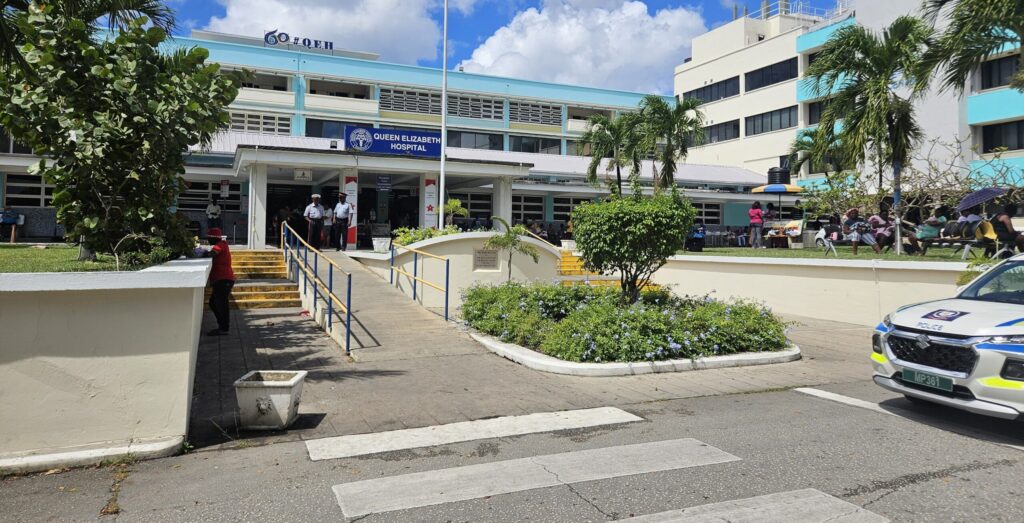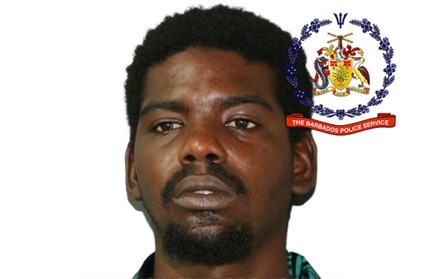A youth development advocate is calling for urgent reform of the youth justice system.
Chief Executive Officer of Supreme Counselling for Personal Development, Shawn Clarke, was reacting to new research from the Criminal Justice Research and Planning Unit (CJRPU), which found that the youth justice framework is “too punitive” and in urgent need of reform.
The study, presented on Thursday at the Courtyard Marriott by Senior Research Analyst Kirt Goodridge, examined 47 young men under the age of 25 on remand for violent crimes, most of whom had prior run-ins with the law. Ninety-one per cent of those remanded were between 19 and 25 years old.
According to the findings, short-term, punishment-heavy interventions are doing more harm than good by trapping young men in a cycle of violence, incarceration and reoffending.
Clarke told Barbados TODAY that while the findings were troubling, they were not surprising, but should be humbling for those in power.
“The findings of the report honestly did not come to me as a surprise. Did it make me sad? Yes. I’m very concerned about what is happening with our young people, especially our young males,” he said. “It must serve us, in my mind, as a national call.”
He argued that the system has long struggled with how it disciplines and rehabilitates youth offenders.
“Many of these offenders are not hardened criminals, but hurting children… products of neglect, broken homes, trauma and an education system that often gives up on them far too early,” Clarke said. “By the time these young people reach the justice system, most have already been failed multiple times… by the school, by the community, and by a system that responds with punishment rather than prevention.”
Clarke acknowledged that some young people grow up in environments where “crime is the family employment”, but stressed that many others are simply “products of circumstance”.
While commending the use of sports as a crime prevention tool, Clarke said such initiatives often fail to address deeper psychological issues.
“Yes, we can go out and play football and have tournaments, but what about those who have big psychological issues or mental challenges that need therapy?” he asked. “Sport can be a great entry point, but it must be coupled with interventions like counselling, anger management and conflict resolution.”
He suggested that youth sports programmes could be structured to include mandatory life skills training.
“For example, to register a cricket or football team, every member, including management, should have to complete several weeks of conflict resolution and anger management training,” Clarke proposed. “Only then should they be fully registered to participate.”
Reflecting on the study’s findings, Clarke said what stood out to him most was the number of young men who had been repeatedly suspended from school.
“I want to hazard a guess that many were suspended and sent home without any intervention,” he said. “Some likely returned to school without ever addressing the reason they were suspended in the first place.”
He urged authorities to invest more in community-based rehabilitation and early intervention initiatives that target behaviour “at its roots”.
“We need to identify and support at-risk students before they enter the justice system,” he said. “We see them in our communities, and too often we dismiss it by saying: ‘Don’t worry about Sean, he’s still young.’”
Clarke is also advocating for mandatory counselling and skills development for all young people exhibiting problematic behaviour, including bullying.
“If we intervene early, we can prevent many of these young people from ever having to go before a magistrate,” he said.
The post Juvenile justice system failing youth, says advocate appeared first on Barbados Today.


